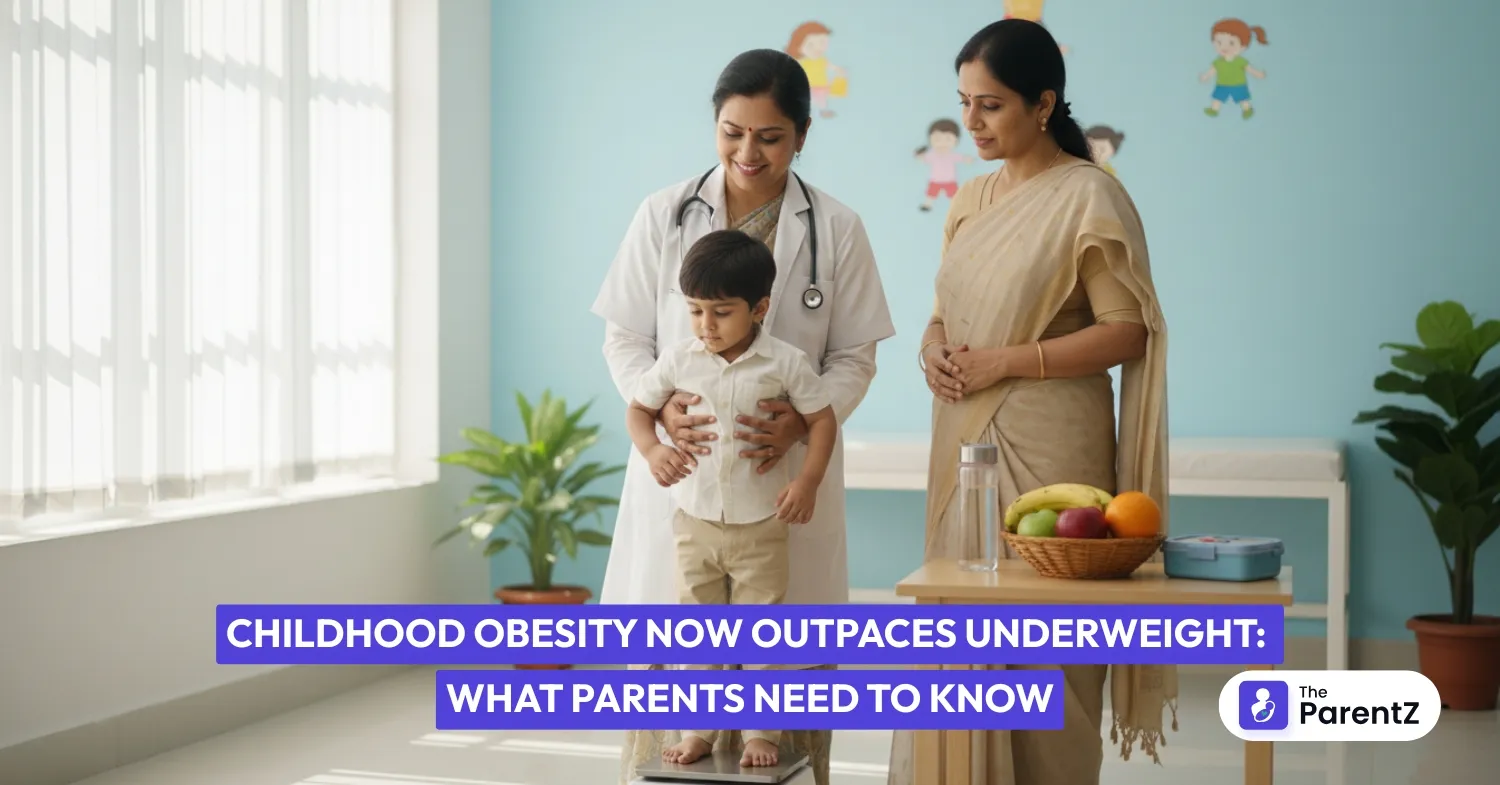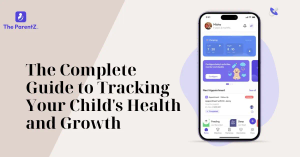For the first time ever, more kids globally are dealing with obesity than being underweight. UNICEF just dropped a report showing that 1 in 10 school-aged children, that's 188 million kids, are now living with obesity. And this isn't just happening somewhere far away. It's happening in our neighborhoods, schools, and homes.
What Did the Study Actually Find?
Since 2000, the percentage of underweight kids aged 5-19 has dropped from 13% to about 9%. That sounds like good news, right? But here's the flip side: obesity rates have tripled, jumping from 3% to 9.4%. In some Pacific Island countries, nearly 4 out of 10 kids are living with obesity. And it's not just happening in faraway places. In the United States, 21% of kids and teens are dealing with obesity. Chile has 27%. The UAE has 21%.
When you zoom out even more, 1 in 5 kids worldwide aged 5-19 are overweight. That's 391 million children.
Why Should You Care About This?
When kids carry excess weight, especially obesity, they're not just dealing with something that might go away with a growth spurt. They're facing real health risks that can follow them into adulthood. We're talking about things like type-2 diabetes (which used to be called "adult-onset" diabetes; now kids are getting it), high blood pressure, heart disease, and even certain cancers down the line.
And it's not just physical health. Kids dealing with weight issues often struggle with self-esteem, get bullied, and face mental health challenges. The study points out that good nutrition is crucial for brain development and mental health during these growing years.
What's Really Going On Here?
It's not about kids suddenly becoming lazy or parents failing. The world around our kids has changed dramatically. The study shows that ultra-processed foods, as chips, cookies, fast food, and sugary drinks, are literally everywhere. They're cheap, convenient, and constantly marketed to our kids.
In a poll of 64,000 young people, 75% reported seeing junk food ads in the past week alone. And 60% admitted that those ads made them want to eat that stuff.
Walk into any school cafeteria, corner store, or even your own pantry. What's easiest to grab? What do kids see at eye level? It's usually not the apple.
What Can You Actually Do About It?
We are not going to tell you to "just cook fresh meals every day" or "eliminate all processed food." That's not realistic for most families. Here's what might actually work:
- Start small with swaps: Don't try to overhaul everything at once. Maybe this week, swap out soda for flavored water. Next week, try whole-grain bread instead of white. Small changes add up.
- Make junk food less convenient. Put the cookies on the top shelf and the fruit bowl on the counter. You don't have to ban anything, just make the healthier choice the easier choice.
- Get kids involved in food: Let them help with shopping or cooking. Kids are more likely to eat something they helped make. Even if it's just washing vegetables, that's a start.
- Rethink drinks: This is huge. So many extra calories come from juice, soda, and sweet drinks. Water doesn't have to be boring; add fruit, chill it, and get a fun water bottle.
- Movement doesn't mean sports: Not every kid wants to play soccer. Can they walk to school? Dance in the living room? Help with yard work? Movement counts even when it's not "exercise."
- Watch your own language: Don't label foods as "good" or "bad." Don't talk about your own body negatively in front of kids. They're listening to everything.
- Be realistic about screen time: We are not going to tell you to eliminate screens, as that's impossible in 2025. But maybe meals happen without phones? There could be one hour of outdoor time before gaming.
Conclusion
Some governments are starting to take action. Mexico banned junk food sales in public schools, affecting 34 million kids. That's the kind of systemic change we need alongside individual family efforts.
But while we wait for policy changes, we can start where we are. You don't need to be perfect. You don't need to meal prep every Sunday or only feed your kids organic kale. You just need to be aware and take small steps.
This study isn't meant to make you feel guilty. It's meant to wake us all up to the fact that our kids are growing up in a food environment that's working against them. Understanding that means you can stop blaming yourself or your kid and start making changes that actually address the real problem.





Be the first one to comment on this story.